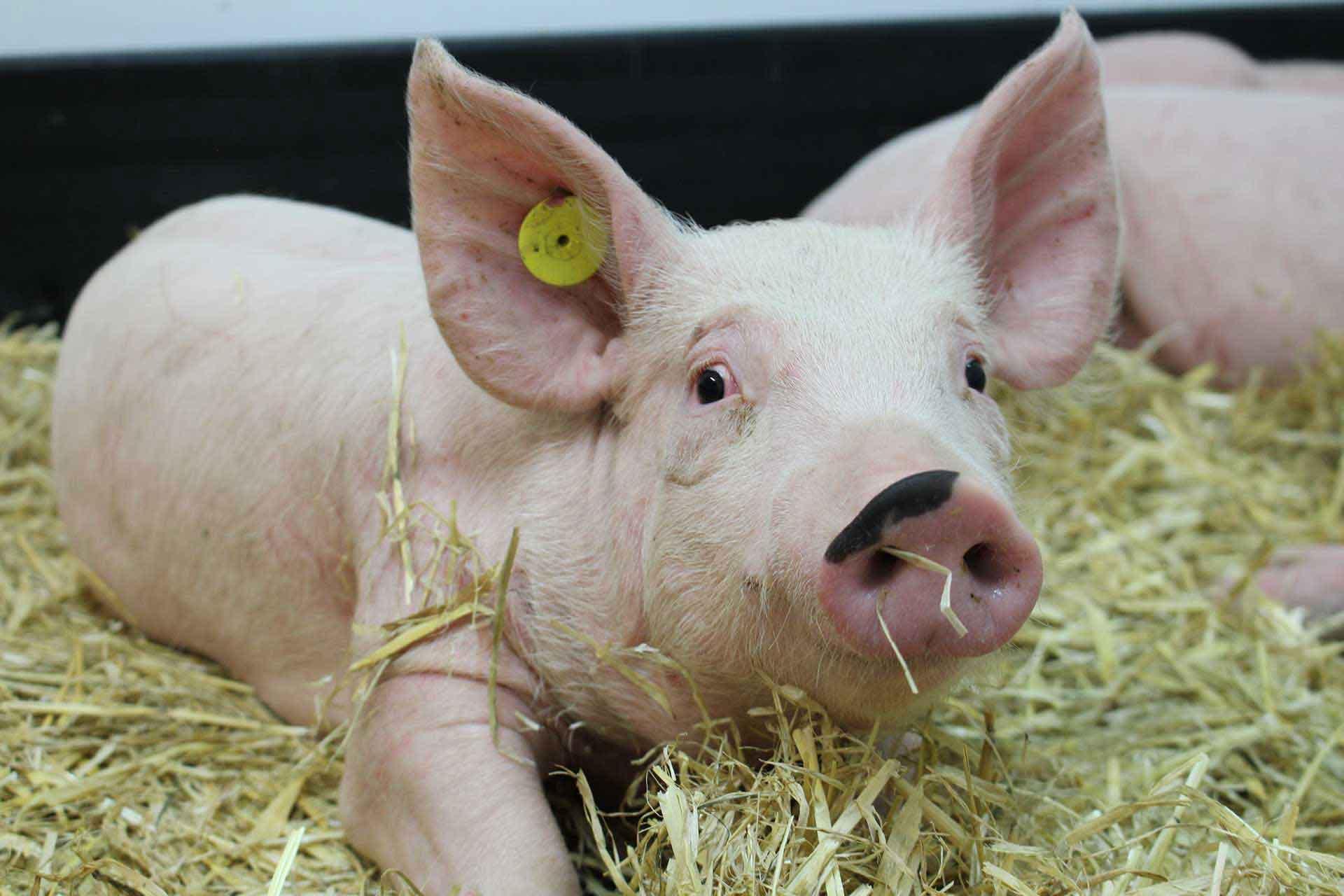T and B cell immune responses to influenza viruses in pigs
Influenza viruses are an ongoing threat to humans and are endemic in pigs, causing considerable economic losses to farmers. Pigs are also a source of new viruses potentially capable of initiating human pandemics. Many tools including monoclonal antibodies, recombinant cytokines and chemokines, gene probes, tetramers and inbred pigs allow refined analysis of immune responses against influenza. Recent advances in understanding of the pig innate system indicate that it shares many features with that in humans, although there is a larger gamma delta component. The fine specificity and mechanisms of cross-protective T cell immunity have yet to be fully defined, although it is clear that the local immune response is important. The repertoire of pig antibody response to influenza has not been thoroughly explored. Here we review current understanding of innate and adaptive immune responses against influenza in pigs and the use of the pig as a model to study human disease.

